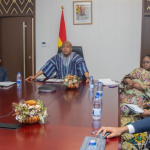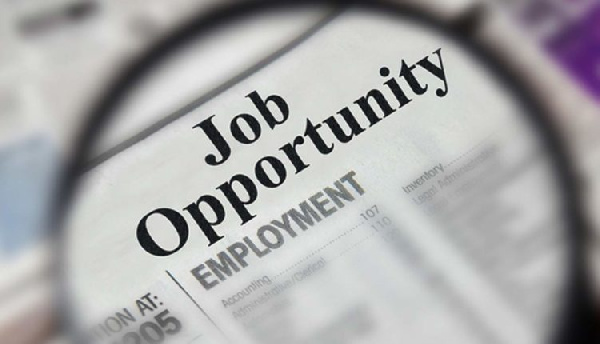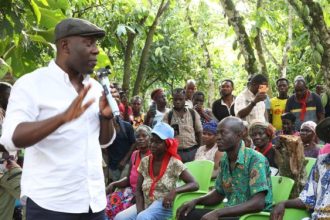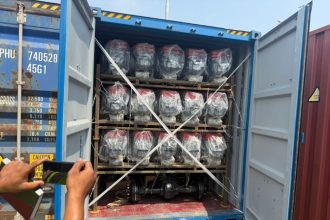The International Monetary Fund (IMF) has concluded its initial mission to Ghana as part of an invitation for the fund to assist the country stabilise and revitalise the economy.
It is the 18th time Ghana is going to the IMF for support.
The current move for Balance of Payments support followed the closure of the normal avenues for money since the rating agencies did their numbers on Ghana in 2021.
“Ghana is facing a challenging economic and social situation amid an increasingly difficult global environment.”
“The fiscal and debt situation has severely worsened following the COVID-19 pandemic.”
“At the same time, investors’ concerns have triggered credit rating downgrades, capital outflows, loss of external market access, and rising domestic borrowing costs,” an End-of-Mission press release issued Wednesday, July 13, 2022 by the IMF staff conveying the preliminary findings after the visit to Ghana said.
An IMF staff team led by Carlo Sdralevich visited Accra from July 6 to 13, 2022, to assess the current economic situation and discuss the broad lines of the government’s Enhanced Domestic Programme that could be supported by an IMF lending arrangement.
The IMF team met with Vice President Dr Mahamudu Bawumia who is the head of Ghana’s Economic Management team, Finance Minister, Ken Ofori-Atta, and Governor of the Bank of Ghana, Dr Ernest Addison.
The team also met with the Parliament’s Finance Committee, civil society organisations, and development partners, including UNICEF and the World Bank to engage in social spending.
At the conclusion of the mission, Mr. Sdralevich issued the following statement:
“Ghana is facing a challenging economic and social situation amid an increasingly difficult global environment. The fiscal and debt situation has severely worsened following the COVID-19 pandemic. At the same time, investors’ concerns have triggered credit rating downgrades, capital outflows, loss of external market access, and rising domestic borrowing costs.
“In addition, the global economic shock caused by the war in Ukraine is hitting Ghana at a time when the country is still recovering from the Covid-19 pandemic shock and with limited room for maneuver. These adverse developments have contributed to slowing economic growth, accumulation of unpaid bills, a large exchange rate depreciation, and a surge in inflation.
“The IMF team held initial discussions on a comprehensive reform package to restore macroeconomic stability and anchor debt sustainability. The team made progress in assessing the economic situation and identifying policy priorities in the near term. The discussions focused on improving fiscal balances in a sustainable way while protecting the vulnerable and poor, ensuring the credibility of the monetary policy and exchange rate regimes, preserving financial sector stability, and designing reforms to enhance growth, create jobs, and strengthen governance.
“IMF staff will continue to monitor the economic and social situation closely and engage in the coming weeks with the authorities on the formulation of their Enhanced Domestic Program that could be supported by an IMF arrangement and with broad stakeholders’ consultation
“We reaffirm our commitment to support Ghana at this difficult time, consistent with the IMF’s policies.
“Staff express their gratitude to the authorities, civil society, and development partners for their constructive engagement and support during the mission.”















